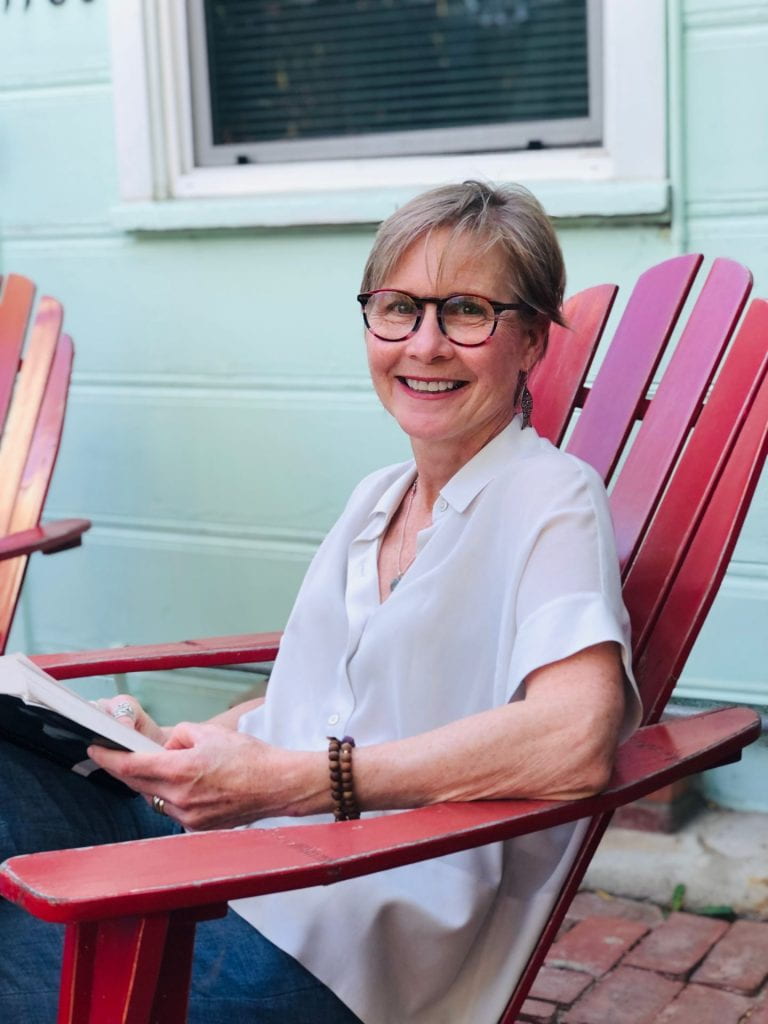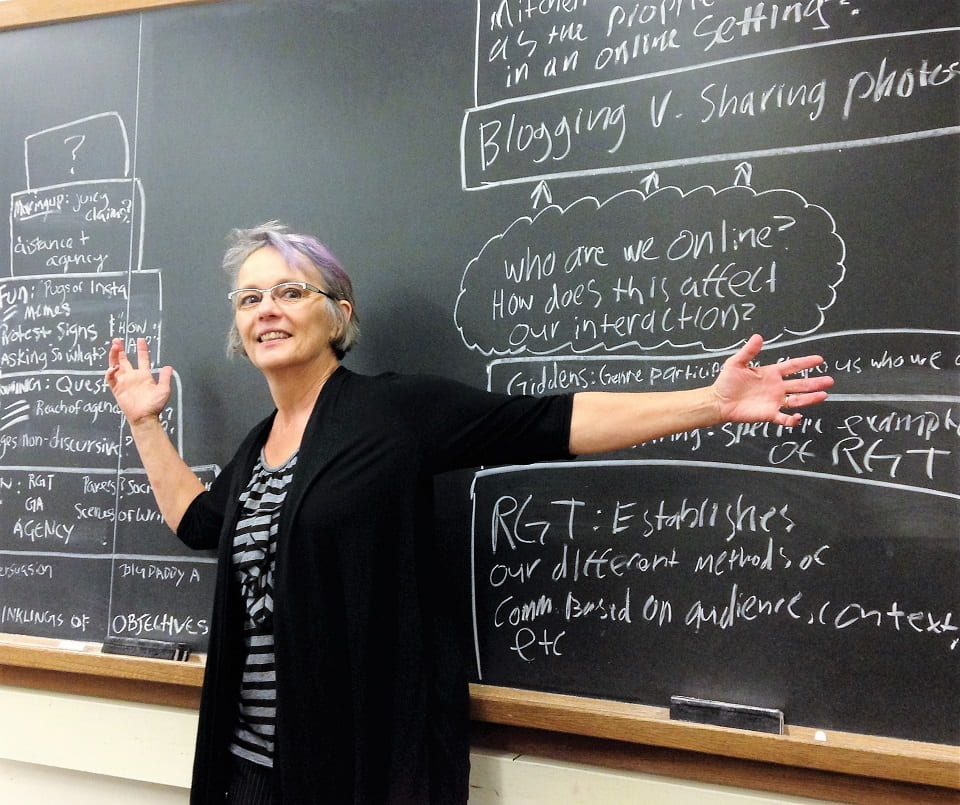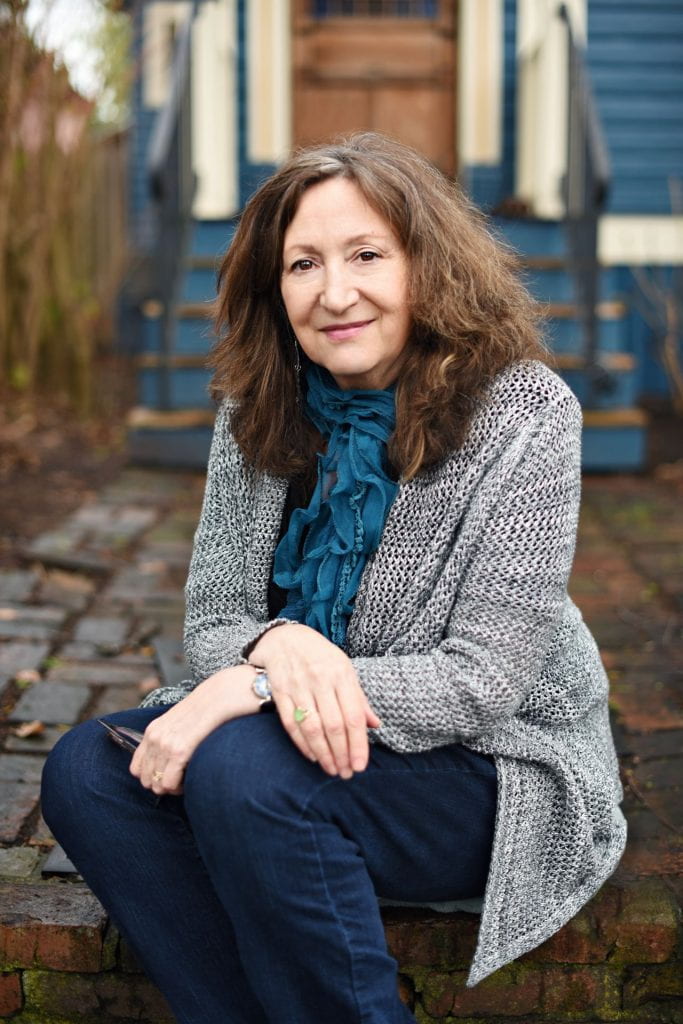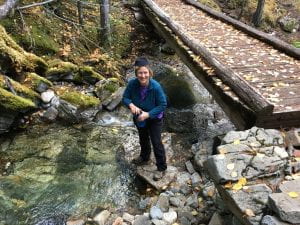
Professor Mary Janell Metzger is retiring. An expert in Early Modern British Literature, critical theory and gender studies, MJ, as she was dubbed by her students, has taught a wide range of courses in Early Modern British Literature, gender and race studies, critical and cultural theory, philosophy, literature, and pedagogy. Winner of Western’s 2006 Peter J. Elich Award for Excellence in Teaching, she is known for teaching challenging courses marked by engaging and active discussions and is widely respected among students and colleagues for her careful preparation of rigorous reading and writing assignments and the detailed and extensive responses she provides to student writing. Her career spanned 30 years—27 of which she spent at Western.
Dr. Metzger earned a BA in Literature from the University of Washington and her PhD from the University of Iowa. Her scholarship has made internationally recognized contributions to Shakespeare scholarship and to research on the teaching of Shakespeare. She was a frequent contributor to the Shakespeare Association of America and published widely on teaching Shakespeare for social justice, on the use of antiracist teaching practices, and more broadly on pedagogical emphases on ethics, social justice, gender, and race. Her book, Shakespeare Without Fear: Teaching for Understanding, has been in print for almost twenty years. A new collaborative project, Teaching Shakespeare Inclusively, is slated for publication in 2023.
In addition to her teaching and scholarship, Dr. Metzger regularly chaired departmental committees, served as a member of several key college-level committees, taught as an affiliated faculty member in the Women, Gender, and Sexuality studies program, and served as the department’s Associate Chair. She was a founding member of the university’s Social Justice and Equity Committee under the leadership of Dr. Trula Nicholas, and regularly facilitated cross campus and intercollegiate interracial discussion groups as part of the committee’s work. In the past year, she launched with Aric Mayer Western’s Critical White Studies Group, a forum exploring institutional racism and approaches to recognizing and addressing white supremacy in university settings.
Colleagues and friends have established an annual scholarship in honor of Dr. Metzger’s service and teaching at Western. Contributions to this award can be made via the Western Foundation and the award’s name, the Grace Dunbar-Miller Award, named after the first African American English graduate to be chosen as a presidential scholar.







